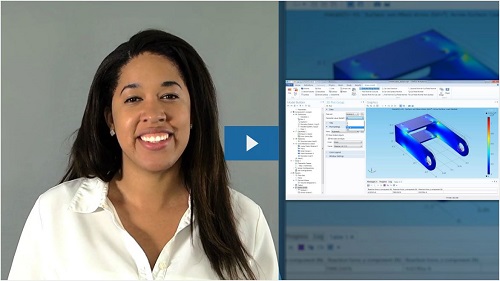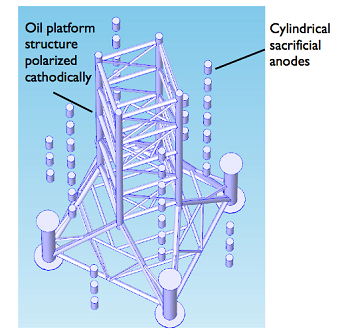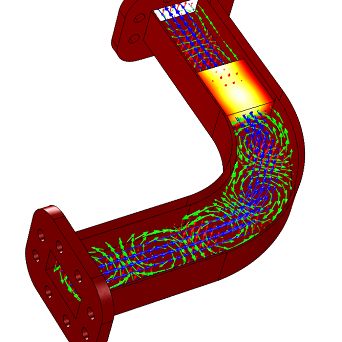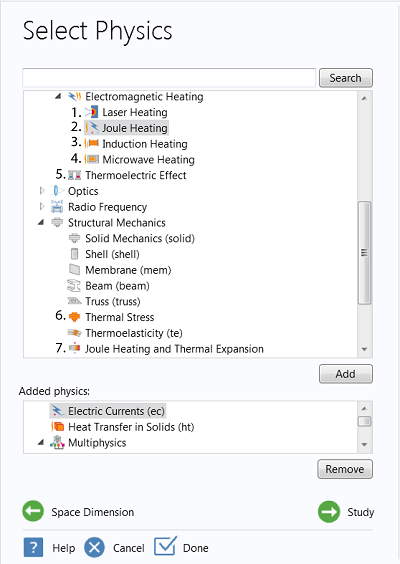Introduction Blog Posts

Video Tutorial: Introduction to Modeling Structural Mechanics
Learn the fundamentals of simulating structural mechanics problems in the COMSOL® software: Get a quick overview in this blog post, with an embedded video tutorial included.

Intro to Corrosion Modeling for the Oil and Gas Industry
From impressed cathodic current and anodic protection to sacrificial anodes, there are several ways you can protect structures from corrosion. We discuss some modeling considerations here.

Quick Intro to Modeling RF and Microwave Heating
If you’ve attended a COMSOL webinar about an RF topic, you’ve probably seen our model of a waveguide with a bend. That’s because it illustrates microwave heating in an easy-to-understand way.

Intro Model: Studying the Signal Strength of RF Coils
Electronics designers need to ensure that RF coils contained within their devices can properly transmit information from a source to its destination. Electromagnetics simulation can help.

Intro to the What, Why, and How of Distributed Memory Computing
In a follow-up to our post on shared memory computing, we discuss another building block of hybrid parallel computing: distributed memory computing.

A General Introduction to Chemical Kinetics, Arrhenius Law
Countless complications and pitfalls make chemical simulations challenging. Here, we give an introduction to chemical kinetics and Arrhenius law to help >>

Intro to the What, Why, and How of Shared Memory Computing
A couple of weeks ago, we published the first blog post in a Hybrid Modeling series, about hybrid parallel computing and how it helps COMSOL Multiphysics model faster. Today, we are going to briefly discuss one of the building blocks that make up the hybrid version, namely shared memory computing. Before that, we need to consider what it means that an “application is running in parallel”. You will also learn when and how to use shared memory with COMSOL.

Dedicated Multiphysics Node Introduced in COMSOL 4.4
To make it easier and more transparent to define models involving multiple physics phenomena in COMSOL, a separate Multiphysics node has been added as a new feature in COMSOL version 4.4. The Multiphysics node gives you control over the couplings for thermal stress and electromagnetic thermal effects involved in your models. Future versions will include further multiphysics couplings through the Multiphysics node in addition to the multiphysics couplings methods already available since previous versions.
